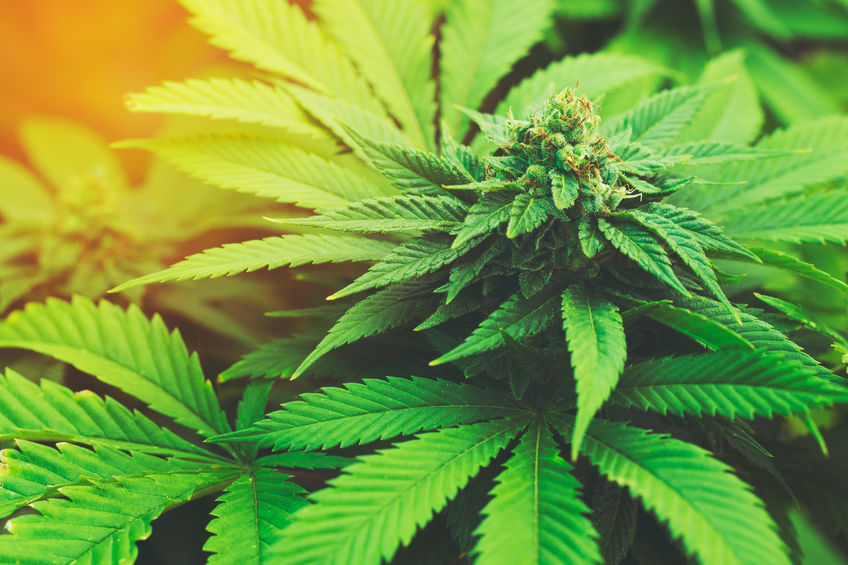HB 246, a bill that would restrict the release of marijuana conviction records of people that occurred before Alaska laws were loosened, was passed by the Alaska House of Representatives on Wednesday.
The bill, now heading to the Senate, would make confidential the records of individuals who have been convicted of minor marijuana crimes, so long as they were not convicted of any other crimes in the same incident. Their pot records would automatically be removed from Court View, the online database for criminal and civil court proceedings. The records would also be removed from some background checks administered by the Department of Public Safety, if requested by the convicted individual.
Alaskans voted in 2014 to legalize the cultivation, sale, and possession of marijuana for those 21 years old or older. Despite this change in state law, some Alaskans remain blocked from employment and housing due to previous marijuana possession convictions that would not be a crime today.
According to a report prepared by Legislative Research, there were more than 700 Alaskans convicted of low-level marijuana crimes between 2007 and 2017. Those convictions can make obtaining housing and gainful employment challenging.
The legislation would allow those previously convicted to move on with their lives.
The bill passed 30-8, with pundits in the Capitol noting that the bill had been delayed since being referred to Rules Committee, not appearing on the House floor unit April 20, or 4-20, a date known by cannabis users as a time to imbibe and celebrate.
